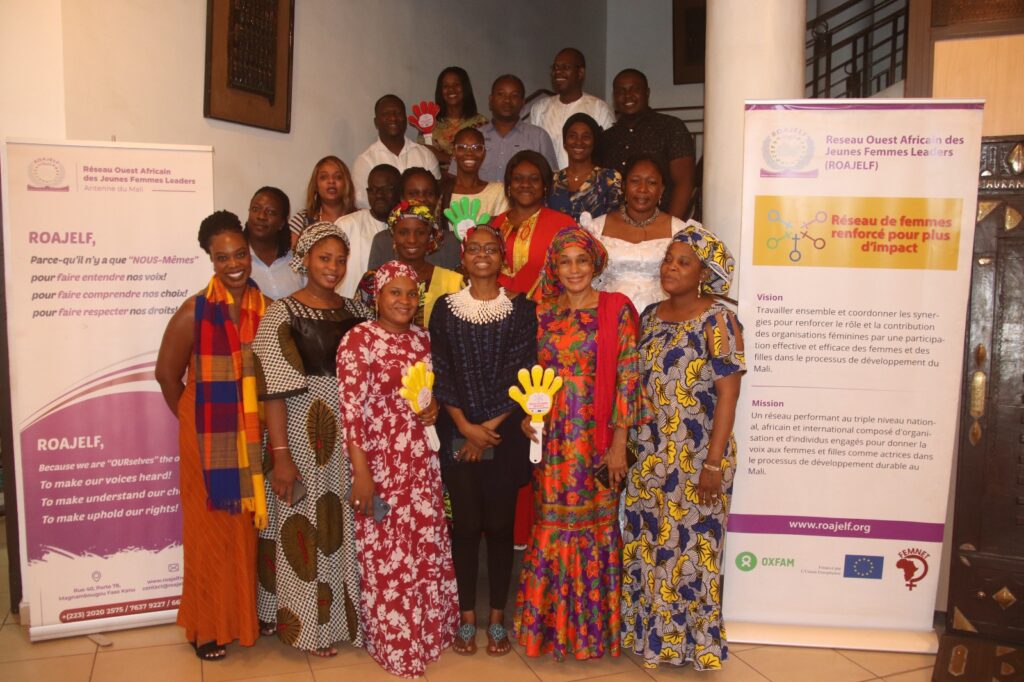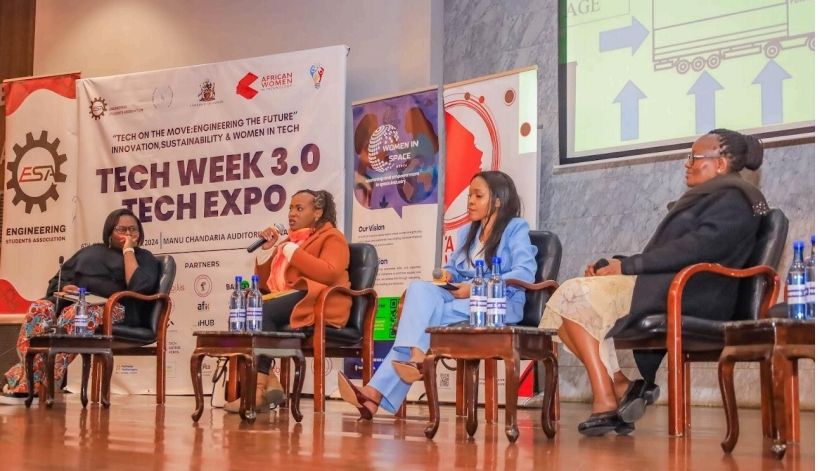West African Women turn to Digital Space to help realize Provisions of the Maputo Protocol

Increased access to digital space can help African governments realize the Maputo Protocol on gender equality, a meeting in Bamako, Mali noted yesterday.
This July, the Maputo Protocol will be 20 years. The protocol guarantees comprehensive rights to women including the right to take part in the political process, to social and political equality with men, improved autonomy in their reproductive health decisions, and an end to female genital mutilation. But the big question is will African women commemorate and celebrate significant milestones in the realization of human rights?
The implementation of the Maputo Protocol is seemingly slow, slippery and patchy.It is perhaps telling that commitments are not necessarily promises, hence the reason why the African Union needs to find innovative ways of working with national governments, civil society and grassroots organisations to realise the full potential of this crucial instrument.
According to Fatoumata Djire the West African Chair of the Africa Women’s development and Communication Network (FEMNET) women need to be part of the digital space to gain competitive edge in the job market adding that there is no reason why Malian women should be locked out of the digital revolution in Africa.
Mama Koité Doumbia, the representative of Africa on the Council of the Victims’ Fund of the International Criminal Court in The Hague, former member of the board of FEMNET and current president of the Malian Women’s Development and Communication Network (MUSONET) said, “ Malian women and girls have been excluded in the digital space for so long and we now need to fast track their engagement.”
Mama Koité noted that women and girls’ engagement in the ICT and digital space is the best way to correct the pathway of the digital revolution, which deliberately excluded African women and young people.
“In as much as I may not be identified as GenZ,” said Mama Koité, “I am also accustomed to the digital space because I do not want to be left behind.”
Her views were echoed in the wake of a seemingly lethal cocktail of patriarchy and misogyny that has made African women, more specifically the Malian woman feel unsafe in the cyber space because of cyberbullying among other digital related atrocities.
To date only 5.74 million of the Malians have access to the internet. This represents 29.9 percent of the entire population, the larger 70.1 percent, which largely encompasses women and girls, is literally locked out of the “male -dominated” space.
Beyond this, the main concern is that 20 years after the commitment to implementing the Maputo Protocol, women and girls are still demanding for inclusion. A seemingly never-ending human rights odyssey that needs to be first tracked through digital and ICT learning.
“Women need to effectively operate in a changing global system where everything is literally online,” said Carole Gatoto, Bilingual specialist and project coordinator of the Strengthening Networks for Greater Impact, STITCH project at FEMNET.
Gatoto insisted that the digital system continues to evolve and techno-feminists in Mali need to be involved and engaged to be at the apex of the digital revolution.
Article 12 of the Maputo Protocol stipulates that the all-signatory states should eliminate all forms of discrimination against women and guarantee equal opportunity and access in the sphere of education and training. Whereas this proposal has been spoken of, recited and even regurgitated, its full implementation is yet to be realized.
Bill Marwa, the Digital Rights Advisor, Oxfam in Africa, underscored that, “It is crucial for Malian women and girls to access digital technologies so that they can meaningfully engage and benefit from the broader digital ecosystem.”
Marwa insisted that Malian women’s participation in the digital spaces not only reduces the gender gap but also unlocks significant commercial and socio-economic opportunities.”
Whereas inclusion of Malian Feminists in the digital space is a first step to ensure that no one is left behind, time will tell whether the promises under the Maputo protocol will be heeded to given that this July marks 20 years since adoption by the African Union on 11 July 2003.
Participants noted that the ICT presents Africa with the opportunity to narrow the constant tension between reality on the continent and the aspirations of the Commission on the Status of Women of the UN (CSW). Perhaps global intergovernmental bodies and the European Union should exclusively dedicate more funds the promotion of ICT to clock back gender equality and the empowerment of women in Africa.





